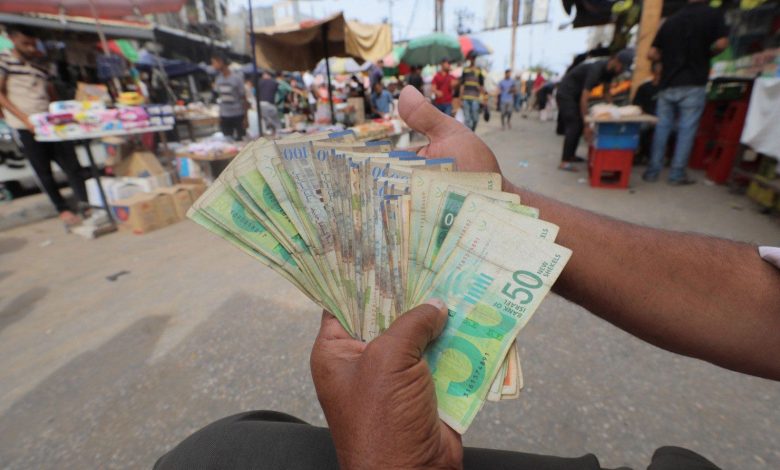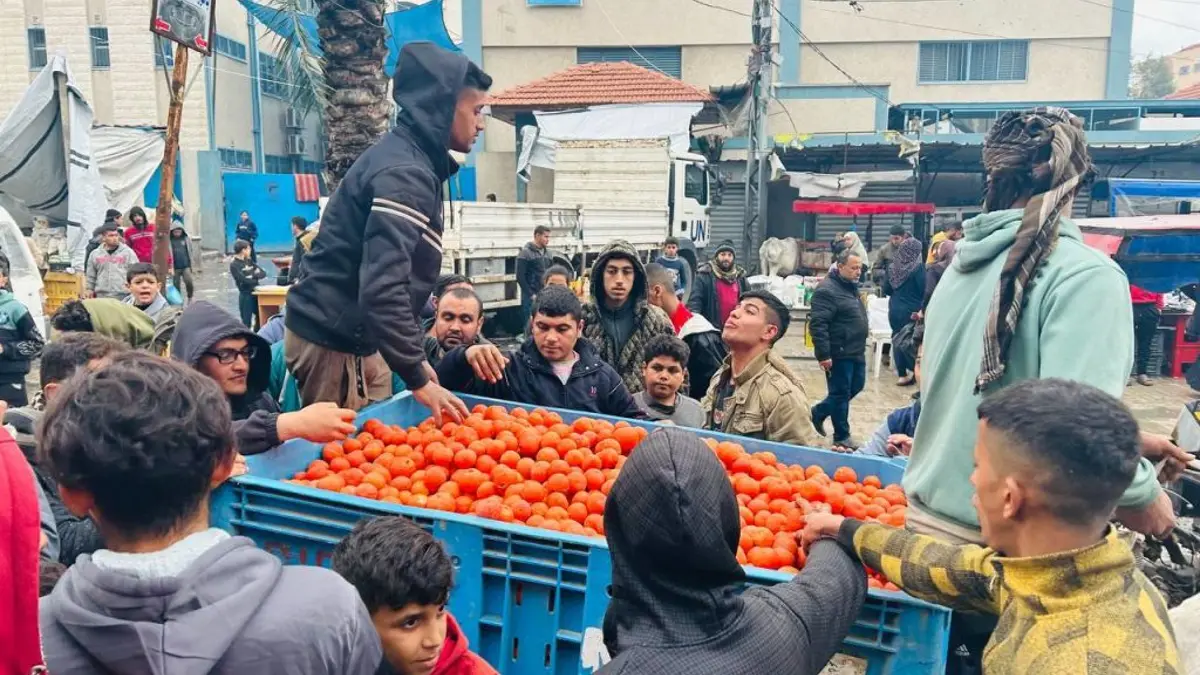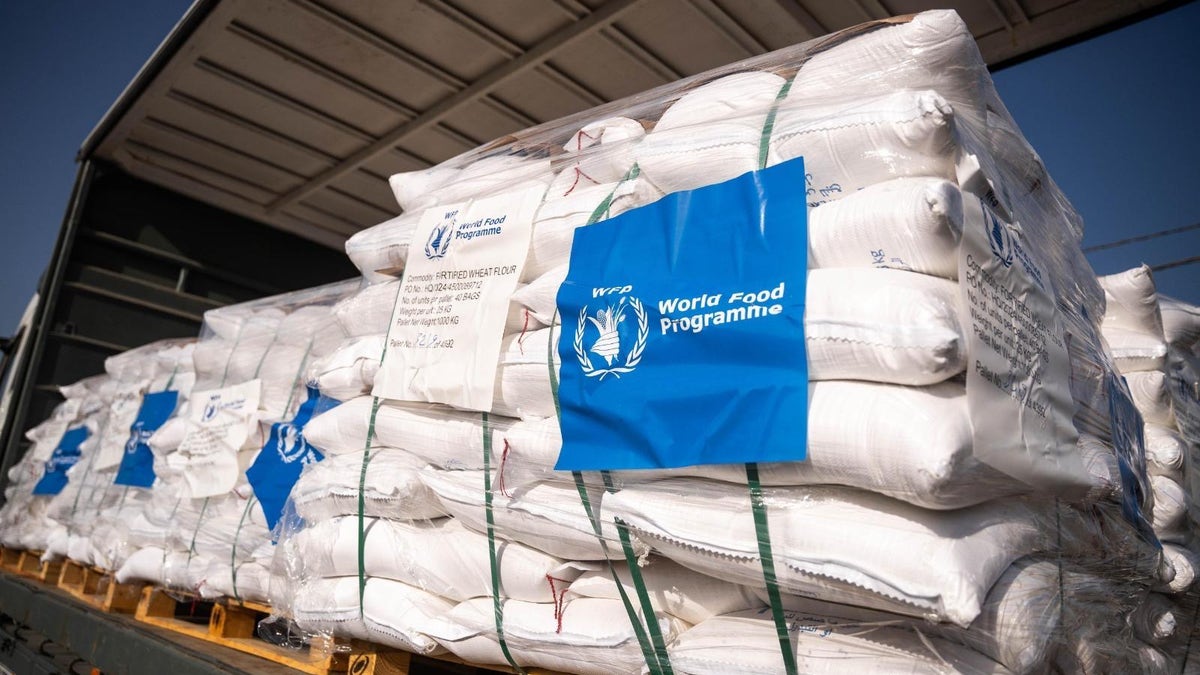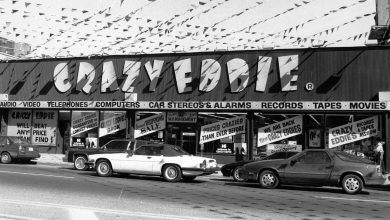Hamas exploits UN cash app for Gazans, steals vital aid meant for civilians

Protesters in Gaza target Hamas
For the first time since Hamas seized power 18 years ago, Gazans are speaking out against Hamas at great personal risk, Fox News’ Mike Tobin reports.
United Nations agencies’ monthly cash transfers to Gaza residents are inadvertently strengthening the Hamas terrorist organization, as the group and affiliated traders continue to control the money flow to the enclave, an expert on Hamas’ financial and economic operations said.
“Hamas exploits its role as the de facto ruler of Gaza to extract financial gains from aid money sent by U.N. organizations to civilians via apps still operating in the region,” Eyal Ofer told Fox News Digital.
“The aid system is being manipulated by Hamas and affiliated traders. Hamas does this largely behind the scenes, leveraging their control over large merchants, crime families, and using cash to establish a shadow banking system within Gaza.”
HOW ISRAEL’S WAR AGAINST HAMAS TERRORISTS WILL BE DIFFERENT UNDER TRUMP
Gazans at a bazaar set up to meet their basic needs amidst the rubble in the heavily damaged Jabalia refugee camp in northern Gaza on the 3rd day of Ramadan, after Israel halted humanitarian aid to the Gaza Strip, on March 3, 2025. (Mahmoud Issa/Anadolu via Getty Images))
Each month, international organizations send significant sums into Gaza’s economy. The U.N.’s World Food Programme (WFP) transfers approximately $18.43 million, reaching 82,636 families, with each family receiving an average of $209, according to open-source data. UNICEF’s monthly assistance averages $5 million, helping to reach at least 20,000 families every month.
“I go to the market and meet people whose job is to provide cash in exchange for a fee,” Gaza resident Shahab Yousef told Israel’s news agency TPS-IL. “The fee is 20–30%. If I transfer 1,000 shekels [$271] I get back 700 [$190],” he said. “For big purchases, I pay digitally. But at the market, I need cash, and I lose 30 percent every time.”
Another Gaza resident, Nidal Qawasmeh, expressed similar frustration to TPS-IL. “These people are charging 30 percent just to give you cash. I just want to take care of my family, but everything costs me more because of this. Prices are insane.”
The specific amount received per family every month is around $270 (or 1,000 New Israeli Shekels), which was calculated as 80% of the Survival Minimum Expenditure Basket, UNICEF told Fox News Digital. Smaller organizations like UNFPA and others also contribute, bringing the total to about $39.66 million per month, reaching 60% of Gaza’s households, according to open-data sources.

A man holds a wad of Israeli shekels in Gaza. (Majdi Fathi/TPS)
Despite the scale of direct financial aid, which reaches over half of the enclave’s population, Gaza’s severe food insecurity and high inflation (91% and 118%, respectively, as of January 2024) underscore its importance. However, the way this money circulates within Gaza is far more complex. “Hamas controls much of the cash that enters Gaza through various channels,” Ofer told Fox News Digital, “People who receive money via mobile apps must convert it into cash to use in local markets, but this involves hefty fees, with many money changers tied to Hamas or its allies.”
TPS-IL reported that Israel’s Foreign Minister Gideon Sa’ar recently warned that Hamas’s economic strength in Gaza relies on billions of shekels in cash, paid as salaries and quickly reclaimed through taxes on merchants. In a letter to Bank of Israel Governor Prof. Amir Yaron, Sa’ar urged the cancelation of the circulation of 200-shekel bills previously introduced into Gaza, saying that experts believe the move would severely damage Hamas’s financial network. The Bank of Israel rejected the proposal, citing technical reasons and claiming that implementation was not feasible.
Ofer’s research found that the fees can range from 20% to 35%, meaning recipients lose a significant portion of their aid just to access it. “In videos from Gaza, you can see traders refusing to accept app funds and forcing customers to convert them into cash, knowing they will lose at least 20% in the process,” he said.
Peter Gallo, an international lawyer and former Office of Internal Oversight Services (OIOS) investigator at the U.N., told Fox News Digital, “If an investigator in Israel can figure it out, the aid agencies either knew or should have known. Twenty to thirty percent is just ridiculous. That’s extortion. It’s what some have politely described as a ‘revolutionary tax.’ In fairness, the aid agencies might argue they had no alternative, It is the cost of doing business, but it would have been better if they were honest about it from the start.”
HAMAS TERROR GROUP REPORTEDLY BUCKLING UNDER FINANCIAL STRAIN AMID ISRAELI MILITARY GAINS AND GROWING UNREST

Palestinians shop for food and clothes at the local bazaar as daily life continues in the shadow of war in Jabalia, Gaza, on January 15, 2024. (Photo by Mahmoud Shalha/Anadolu via Getty Images) (Photo by Mahmoud Shalha/Anadolu via Getty Images)
A spokesperson for UNICEF told Fox News Digital, “UNICEF is aware of the cash liquidity crisis in Gaza and the continuous shortage of hard cash, which is a direct consequence of the banking system’s inability to function amid the ongoing conflict.
“Since May 2024, UNICEF has introduced fully digital cash payments via e-wallets, which do not require hard cash at any point. By using e-wallets, recipients of humanitarian digital cash transfers can purchase goods such as food, hygiene items and medicine without ever handling physical money,” the spokesperson said.
“The use of digital e-wallets can be accessed through an app and works on the most basic smartphones. When implemented, these digital cash payments via e-wallets eliminate the need for cash conversion and, consequently, the payment of any fees. The UNICEF humanitarian digital cash program adheres to the highest standards of neutrality and impartiality. No external party, actor, or agency—not even the beneficiaries themselves—has any role or influence in the design or implementation of the program, including the composition of the beneficiary list, payment schedule, frequency and amounts.”

World Food Programme (WFP) aid at the Erez west crossing on the Israel-Gaza border. (IDF spokesman)
The spokesperson claimed: “More than 1.8 million people—close to the entire population of Gaza—are grappling with extreme food insecurity, with at least half of them being children. . . . Acute malnutrition among children is rising at alarming rates. The UNICEF humanitarian cash transfer program is, simply put, keeping children alive in the midst of a war not of their making by providing them with access to essential items for their survival. UNICEF’s monthly budget for humanitarian cash transfers in Gaza averages USD 5 million to support approximately 20,000 families. We estimate that these parameters are too small to significantly impact the local economy.”
CLICK HERE TO GET THE FOX NEWS APP
The World Food Programme didn’t respond to multiple requests for comment.
“Turning a blind eye is not acceptable. The U.N. Security Council has been addressing terrorist financing since 2001, yet aid agencies continue to ignore the fact that Hamas is making a profit off this money flow, despite international efforts to stop terrorist financing,” Gallo said.



